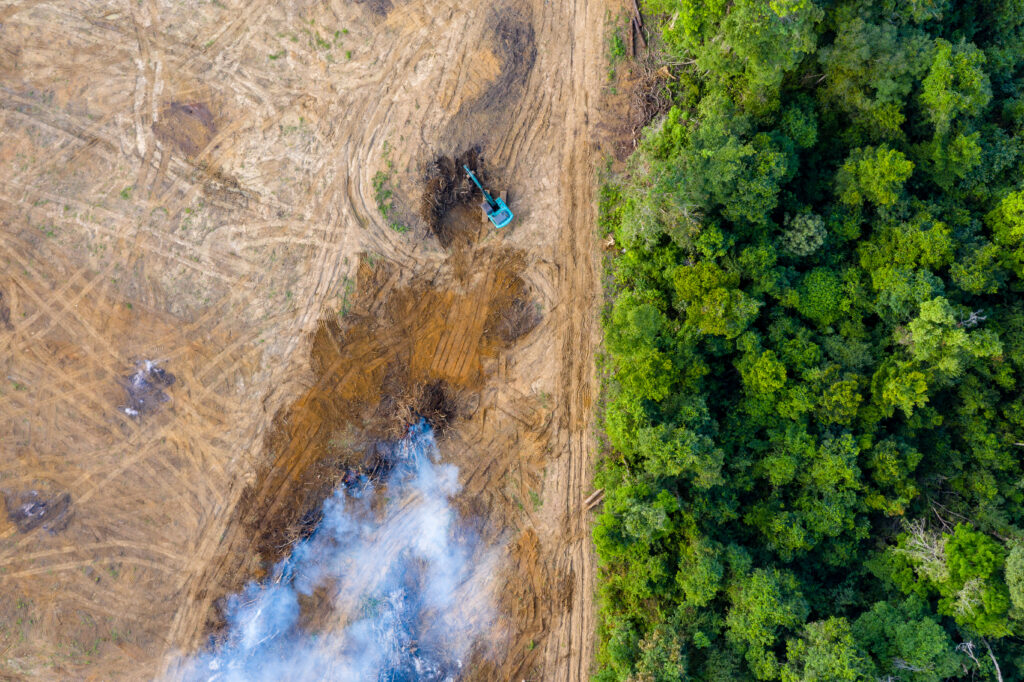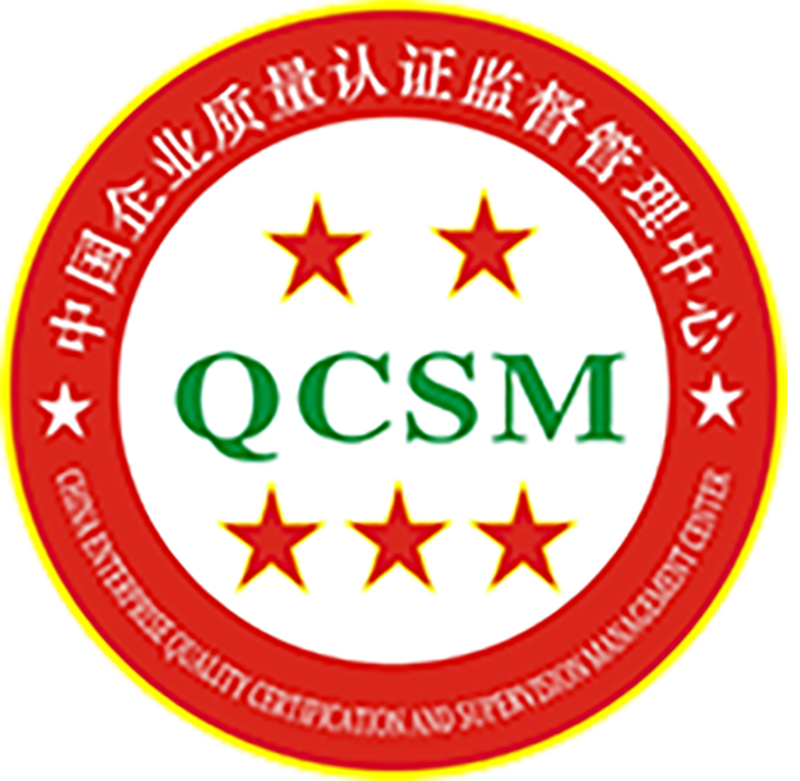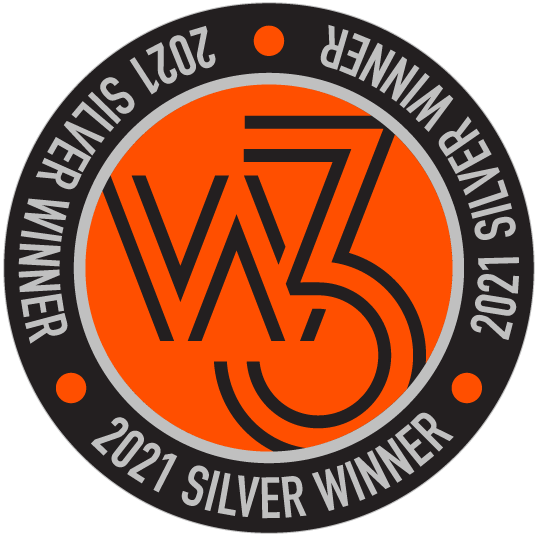The EU Deforestation Regulation (EUDR), aiming to limit the impacts of deforestation, forest degradation and reducing greenhouse gas emissions and biodiversity loss, applies to ALL products mentioned in Annex I to the regulation. It replaces the EU Timber Regulation (EUTR).
What Products Are Affected by the Deforestation Regulation?
Mainly 7 Commodities and their Derived Products are affected:
- Cattle
- Cocoa
- Coffee
- Oil Palm
- Rubber
- Soya
- Wood
- Leather
- Furniture
Packaging material such as wooden packing cases, boxes, crates or pallets that is only used to support, protect, or carry other products that are placed on the market are excluded in the EUDR.

Deforestation-Free: Due Diligence
Operators (or Importers) are required to implement a due diligence system before they place a product on the market. Due diligence means providing evidence that products are both:
- Deforestation-free: produced on land that was not subject to deforestation after 31 December 2020 and;
- Legal: compliant with all relevant applicable laws in force in the country of production.

The following 3 must be fulfilled and complemented by reporting requirements:
- Information – Access to information describing the commodities species and products, country of production, geolocation of all plots of land of production sites, quantity, details of the supplier and information on compliance with national legislation and customs regulation.
- Risk assessment – Assess the risk of deforestation in the supply chain, based on the information mentioned above and taking into account criteria set out in the regulation.
- Risk mitigation – If the assessment shows that there is a risk of deforestation in the supply chain, that risk shall be mitigated by requiring additional information and verification from the supplier and introducing adequate and proportionate policies, controls and procedures to manage effectively the risks of non-compliance.
Operators shall issue a due diligence statement and submit it to the EU Information System, which shall be kept for 5 years from the date of placing the product on the market.
This article is originally published by ProductIP:

Caspar ter Horst – Managing Director, ProductIP
Caspar has 25+ years of experience in product compliance. In 2008, he co-founded ProductIP together with Maarten van der Dussen. Caspar and his team are dedicated to support companies within the supply chain to efficiently demonstrate to customers, authorities, and users that their products meet applicable legislation and buying requirements. As a result, helping companies reduce costs, streamline operations, manage suppliers, and at the same time put compliant, safer, more sustainable products to the market.
At HKTDC, we value product sustainability highly! Visit our e-Marketplace today to find out more:



















